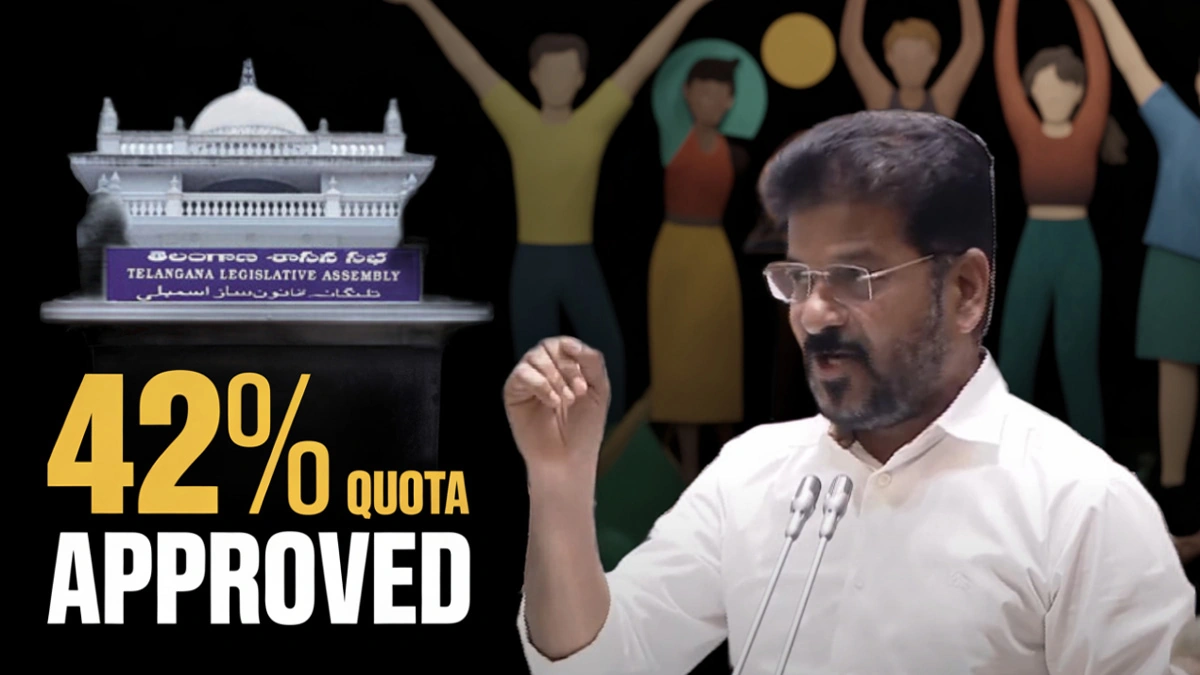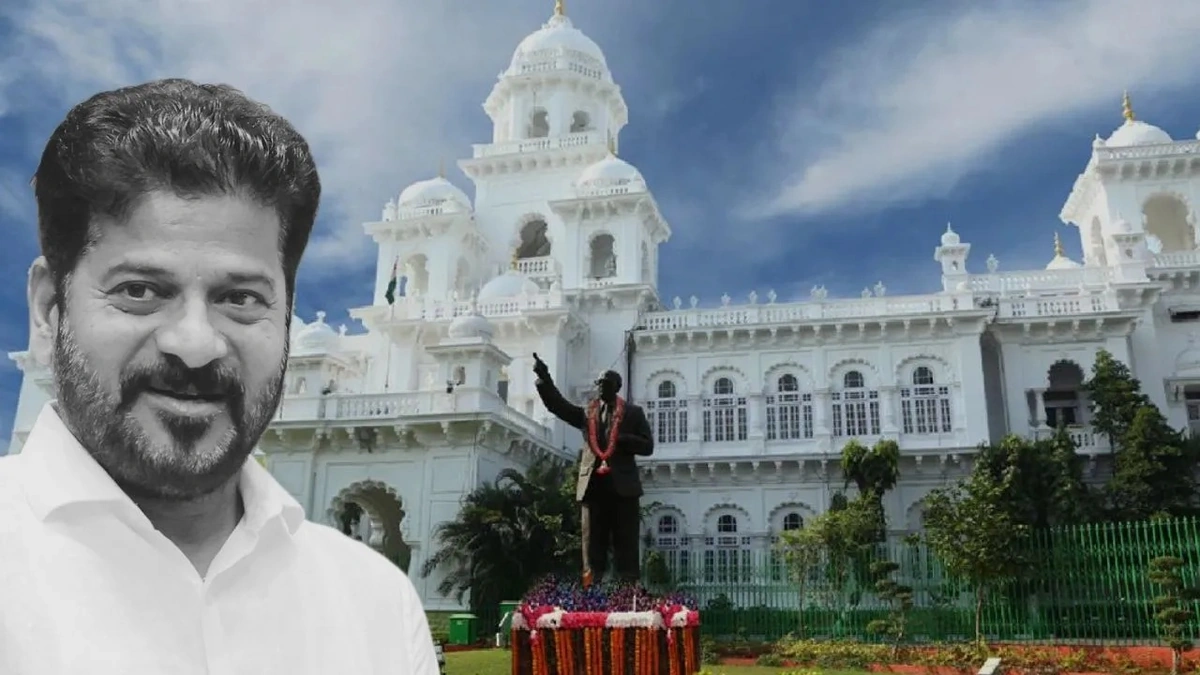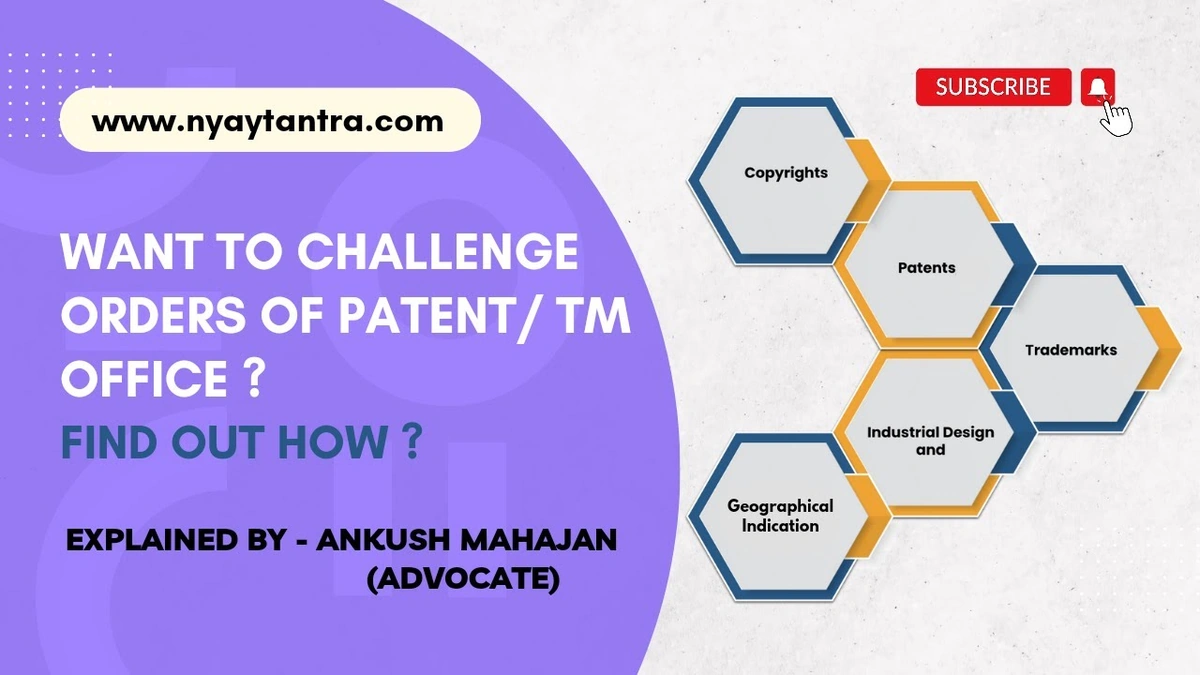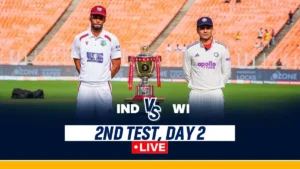Supreme Court Upholds Telangana BC Quota Increase, Dismisses Challenge
The Supreme Court’s recent decision to uphold the increased quota for Backward Classes (BC) in Telangana is more than just a legal victory; it’s a pivotal moment in the ongoing saga of social justice and affirmative action in India. But, here’s the thing: it’s easy to get lost in the legal jargon and miss what this really means for the average person in Telangana and the rest of the country. Let’s be honest, legal battles about reservation policies can feel distant, academic, and frankly, a bit boring. But, trust me, this one’s different.
Why This Ruling Matters | More Than Just Numbers

What fascinates me is the underlying context. It’s not just about a percentage point here or there. The Telangana government increased the BC reservation quota to provide more opportunities for marginalized communities. This isn’t just about adding a few extra seats in colleges or jobs; it’s about addressing historical inequalities that have kept certain groups behind for generations. According to the Constitution of India , the state has the power to enact laws for the welfare of its citizens.
The Supreme Court’s stamp of approval on this increase validates the state government’s efforts to uplift these communities. It sends a clear message that affirmative action policies, when implemented thoughtfully and based on empirical data, can withstand legal scrutiny. And that’s a big deal. A common question I see is whether this is the end of Telangana BC reservations . The ruling might bring short-term clarity, but further changes in government or judicial interpretation of laws can always alter current reservation policies. The increased quota ensures that more individuals from these communities have access to education and employment opportunities, potentially leading to improved socio-economic conditions for entire families and communities.
The Legal Labyrinth | Understanding the Challenge and the Defense
So, what was the challenge all about? Essentially, some argued that the increased quota violated the constitutional principles of equality. They claimed it exceeded the permissible limits set by previous Supreme Court rulings. But, the Telangana government presented a compelling case, backed by data and research, demonstrating the need for the increased quota to address the specific socio-economic realities of the backward classes in Telangana . This involves ensuring representation in education, employment, and politics for communities that have historically faced discrimination and marginalization. The government demonstrated that the increase was justified and didn’t unduly infringe on the rights of other groups.
And the Supreme Court bought it. Their decision to dismiss the challenge reaffirms the importance of evidence-based policy-making. It also highlights the Court’s willingness to consider the unique circumstances of different states and communities when evaluating affirmative action policies.
The Ripple Effect | What This Means for Other States
But, here’s where it gets really interesting. This ruling isn’t just about Telangana. It has implications for other states grappling with similar issues of social justice and affirmative action. It could embolden other state governments to implement or increase quotas for backward classes, provided they can demonstrate a justifiable need and ensure that such policies comply with constitutional principles. Now, let me rephrase that for clarity – this opens doors, but it doesn’t guarantee anything. States will still need to do their homework and build a strong case before implementing similar policies.
Consider that this ruling can act as a precedent, influencing future legal challenges to affirmative action policies across the country. The increased access to resources like education and employment may lead to greater social mobility and integration of Telangana backward classes within mainstream society. It also allows individuals to pursue their aspirations and contribute to the state’s development. The judgement may result in political empowerment of backward classes, as increased representation in elected bodies and government positions can amplify their voices and influence policy-making processes.
Navigating the Future | Challenges and Opportunities
Of course, no policy is perfect. There will be challenges ahead. There will always be debates about the fairness and effectiveness of reservation policies. But, I initially thought this was straightforward, but then I realized that some argue that these policies can perpetuate caste-based divisions and hinder meritocracy. Addressing these concerns requires ongoing dialogue, monitoring, and evaluation of the impact of reservation policies. It’s about fine-tuning the system to ensure that it achieves its intended goals without creating unintended consequences. A common mistake I see people make is thinking this is a quick fix.
Ultimately, the Supreme Court’s decision is a victory for social justice and a testament to the power of evidence-based policy-making. It’s a reminder that affirmative action policies, when implemented thoughtfully and fairly, can play a crucial role in creating a more equitable and inclusive society. As per the guidelines mentioned, the State Government is committed to making the scheme more inclusive.
The Telangana government now has an opportunity to showcase the positive impact of its increased reservation for backward classes . By carefully monitoring the outcomes and addressing any unintended consequences, it can serve as a model for other states seeking to promote social justice and equality. And this can create a lasting legacy of empowerment and opportunity for generations to come. Let’s not forget the human element of this. The increased opportunities help reduce social stigmas and discrimination associated with backward classes, promoting a more inclusive and respectful society.
FAQ Section
Frequently Asked Questions (FAQs)
What exactly does this Supreme Court ruling mean for students in Telangana?
It means that the increased reservation quota for Backward Classes in educational institutions will remain in effect. This provides more opportunities for students from these communities to access higher education.
Will this ruling affect job opportunities for BC candidates in Telangana?
Yes, the ruling also applies to government jobs. More positions will be reserved for candidates belonging to Backward Classes, increasing their chances of securing employment.
What if I’m not sure if I belong to a Backward Class?
You should consult the official list of Backward Classes published by the Telangana government. The official website of the Backward Classes Welfare Department provides detailed information about eligibility criteria and caste certificates.
Could this ruling be challenged again in the future?
While this ruling provides significant legal backing, future challenges are always possible, especially if there are changes in the factual circumstances or legal interpretations. But, for now, it’s a strong precedent.
How can I stay updated on any changes or updates related to BC reservations in Telangana?
Regularly check the websites of the Telangana government’s Backward Classes Welfare Department and the Supreme Court of India for official notifications and updates.
You can also check for any announcements on Rajendra Lodha related to current events.













